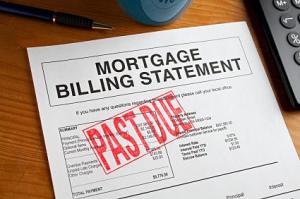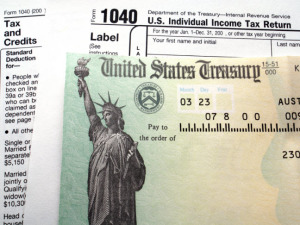Dear Liz: I’ve been on disability for over 10 years, and I currently receive $1,527 a month in Social Security Disability Insurance. My rent starting in March will be $1,400. I’m not opposed to moving, but after checking literally thousands of listings, I found that what I’m paying is not unusual for my area. I’m living on savings now. I’d like to have a job but am hard-pressed to find work. What should I do?
Answer: You don’t have to do anything if you have enough savings to last the rest of your life. Assuming that’s not the case, you need to do something to dramatically lower your cost of living.
You may qualify for housing assistance. You can use federal government sites such as Benefits.gov or HUD.gov to explore your options, or search for the name of your community and “rental assistance programs.”
You may discover that your low income is still too high for the available programs or that there’s a massive waiting list. If that’s the case, you still have options.
If your disabilities allow, you could earn low or even free rent by working as an apartment manager, a companion to an elderly person, a babysitter for a family with young children or a caretaker for a home or estate.
If your apartment is in a desirable area, you may be able to rent it out a few days a month on Airbnb, Homeaway or another vacation rental site to offset your cost. (Check with your landlord first.)
You could look for a roommate or other shared housing in your community, or consider moving to a less expensive area. You may need to move only a few miles to find a more affordable place, or you may have to consider transferring to a different city or state.
If you’re willing to be truly mobile, you could do what some retirees on limited incomes do and live full-time in a recreational vehicle. Some get jobs as camp hosts or other campground workers in exchange for a free site.
In general, you shouldn’t pay more than about 30% of your gross income for housing. Limiting your rent to 25% is even better, since it will give you more wiggle room to afford the rest of your life.





